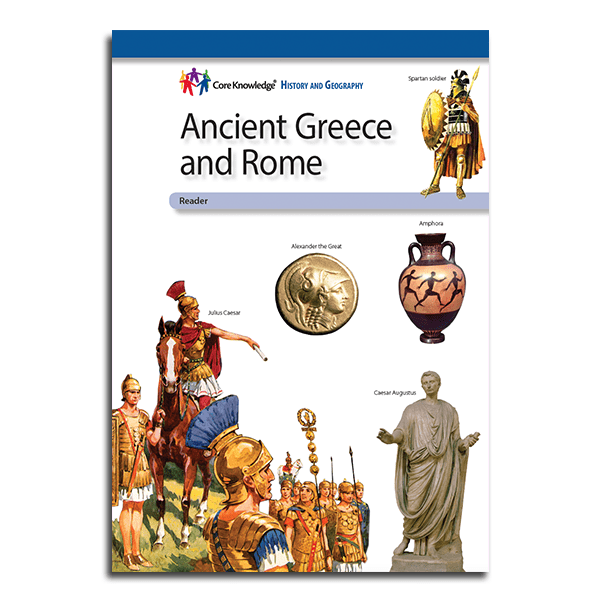The ancient Greeks and Romans were influential civilizations in world history, leaving an indelible mark on contemporary life. In terms of art, the Greeks focused on naturalistic human subjects, while Roman art emphasized grandiosity to express the power of the empire. Literature and philosophy varied, with the Greeks producing epic poetry and plays exploring humanity, while Roman literature drew on Greek models with a focus on social and political themes. Social structures differed, with Greeks having a complex class structure, while Romans had a more rigid system. Political systems also varied, with Athens credited with inventing democracy, and Romans developing a republic that evolved into an empire.
The Ancient Greeks vs Ancient Romans: A Study of Two Classical Civilizations
The ancient Greeks and Romans are two of the most significant civilizations in world history. These masterpieces of art, literature, philosophy, politics, and technology continue to influence contemporary life in many ways. Both civilizations have left an indelible mark on the course of human history with their remarkable achievements. In this article, we will compare and contrast these two classical civilizations based on their cultural, social, and political characteristics.
Cultural Comparison
The Greeks and Romans both excelled in art, literature, and philosophy, but their approaches and styles varied considerably.
Art
The Greeks were known for their realistic and naturalistic art, which was focused on human subjects, often portraying idealized figures. Their sculptures were typically naked or draped in light fabrics, highlighting human anatomy and beauty. In contrast, Roman art was characterized by its emphasis on power, scale, and grandiosity, portraying historical events, gods, and heroes in a grandiose style to express the power, ideology, and prestige of the Roman Empire.
Literature
The Greeks were known for their epic poetry, such as the Iliad and the Odyssey, as well as their plays, which explored the human condition through tragedy and comedy. In contrast, Roman literature drew heavily on Greek models but often emphasized political and social themes. Roman poets like Virgil praised the virtues of duty, honor, and courage while satirizing the excesses of the wealthy and powerful.
Philosophy
Both the Greeks and Romans contributed greatly to philosophy, with figures like Plato, Aristotle, and Cicero leaving an enduring legacy of philosophical thought. Greek philosophy tended to focus on metaphysics, ethics, and epistemology, while Roman philosophy dealt more with practical issues like law and government.
Social Comparison
The Greeks and Romans both had distinct social structures that reflected their values and beliefs about power, wealth, and social status.
Class Structure
The Greeks had a complex class structure that included free citizens, women, slaves, and metics (foreigners). Among free citizens, there was a stark divide between the rich and poor, with the wealthy elite controlling political power. In contrast, the Romans had a more rigid class system that included patricians (wealthy landowners), plebeians (commoners), and slaves, with patricians dominating political power.
Roles of Women
In both Greek and Roman societies, women were generally excluded from political and public life, with their primary role being that of a wife and mother. However, women in Greece had some degree of influence through their role in religious festivals, while Roman women had more legal rights and social status, with some women even holding positions of power in the government.
Political Comparison
The political systems of the Greeks and Romans were also different in several ways, reflecting the distinct values and priorities of each society.
Greek Democracy
The Greeks are credited with inventing democracy, though it was only available to free male citizens. Athens was the most famous Greek democracy, where citizens voted on important issues and elected their leaders. However, democracy was not a central feature of all Greek city-states, and many were ruled by oligarchs or tyrants.
Roman Republic
The Romans developed a republic where elected officials and representatives made decisions on behalf of the people. This system gave more power to the people than many other ancient societies, but it was still only available to a limited group of privileged citizens. The Roman system later evolved into an empire under the rule of Julius Caesar and his successors.
Conclusion
The ancient Greeks and Romans were both remarkable civilizations that influenced the course of history through their art, literature, philosophy, and politics. While they shared some similarities, such as their love of culture and philosophy, they differed in many ways. The Greeks had a focus on humanism and democracy, whereas the Romans had a focus on power and empire. These two classical civilizations have left a lasting impact on the world, and their legacies continue to inspire people today.
